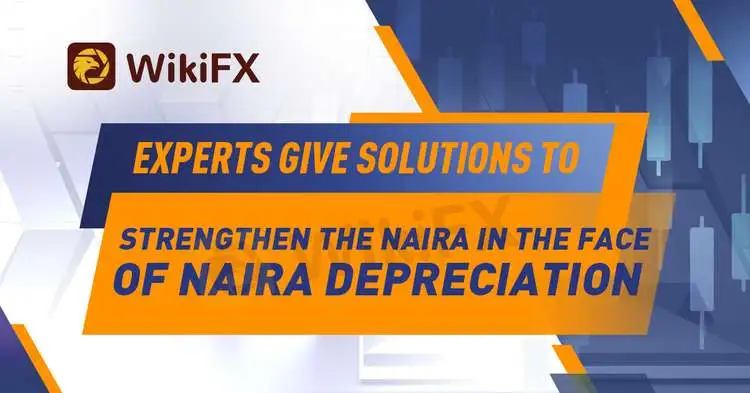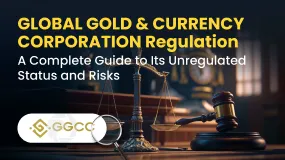Abstract:The naira confronts a greater degree of economic reduction than the country has witnessed in recent decades as a result of reduced foreign exchange, dwindling foreign capital, rising political risk, and reported poor performance.

· The market disparity is at an all-time high of N173/$
· Political risk, a general shift toward higher interest rates aggravates the situation
· Keeping of assets, increased savings
· Naira would reach a point of no return if FX is liberalized.
The naira confronts a greater degree of economic reduction than the country has witnessed in recent decades as a result of reduced foreign exchange, dwindling foreign capital, rising political risk, and reported poor performance.
According to research and opinions by experts, the financial authority's capabilities may have been crumbled as the economy grapples with apparently intractable fiscal challenges.
The investment community is concerned that monetary frameworks may worsen more in the coming months as tension and activities in politics will be increased. Furthermore, the market is under pressure from offshore investors who will be reinvesting dividends in the coming months.
According to observers, the growing political unease has already sent a strong signal to foreign investors, who are removing a chunk of their foreign wealth from the economy.
The situation has been compounded by a string of interest-rate rises in nations in the western region, which, according to Olarenwaju Abimbola, an expert in investment and economist, have made developed countries more tempting than risky markets, for instance, Nigeria.
For the first time since 2018, the Federal Reserve of the United States raised the benchmark interest rate by a portion of 25 points, after being told that the rate can be raised at least three times this year as part of its financial normalization. Before the increase, the Fed's main interest rate was about 1.5%.
The Bank of England's financial policy committee just increase the interest rates from 0.5% to 0.75% as a motive for its attempts to counteract the rising cost of living. The BOE raised interest rates for the third time in four months, bringing them to their highest level since the start of COVID-19.
South Korea, New Zealand, Brazil, Russia, South Africa, and a number of countries have raised lending rates in the recent year to combat worrying inflation rates. The World Bank, the International Monetary Fund (IMF), and other research groups have warned impoverished countries to brace themselves for massive capital flight.
The option of raising policy rates was rejected by the Monetary Policy Committee (MPC) with six out of 10 members voting against it. The country's Monetary Policy Rate is still at 11.5 percent, where it has been since September 2020.
While Nigeria's interest rate is still much higher than that of some other countries, Abimbola, CEO of Towers Securities Limited, noted that Nigeria's ability to retain capital is hard, with the rate being only one of them.
According to him, Nigerians would experience outflows of foreign portfolio investors in the next months since the local market does not now provide important incentives to offset more attractive US and other market rates.
Nigeria's equity market, according to Abimbola, remains undesirable. For the first time in decades, a capital gain tax of 10% is being paid on stock market transactions above N100 million, in addition to the present 10% withholding tax on profits.

“The difficulty now is to make money from others who are also seeking money.” Capital imports have plummeted dramatically. The United States, the United Kingdom, and other Western countries have become increasingly appealing. Investors are told that they may keep their money at home and earn minimal interest on it. Despite the fact that the return on investment is still better in Nigeria, the risk factor is a concern. Capital repatriation is difficult. What is the use of investing in a market where funds cannot be simply repatriated? Abimbola inquired.
Investors appear to be resorting to the parallel market to get foreign currency (FX) since the official market usually lacks sufficient liquidity to meet their needs. According to experts, the exit of foreigners from the Nigerian market is due in part to their inability to repatriate their $5 billion cash.
Although the current amount of money trapped in the market is unknown, David Adonri, Vice Chairman of Highcap Securities Limited, believes it may be comparable to or more than what it was last year due to the ongoing FX crisis. He went on to argue that the issue depresses foreign investment in general since FDI holders have enough problems in repatriating their hard-earned profits.
The tensions eased marginally over the weekend, but analysts say FX will remain a sellers' market in the coming months, with some predicting that it could break through the N600/& hurdle in a matter of weeks.











